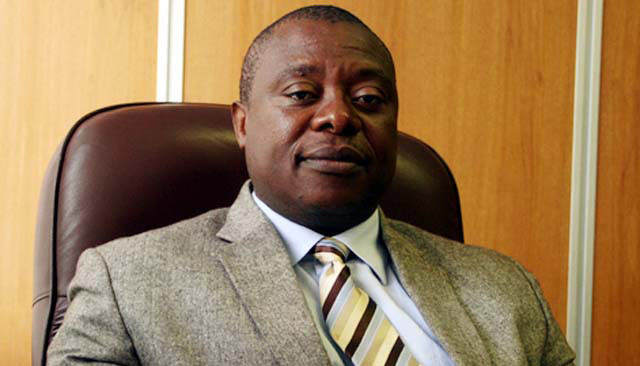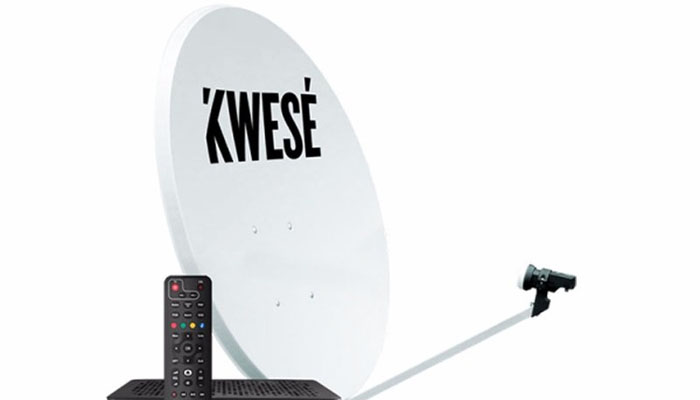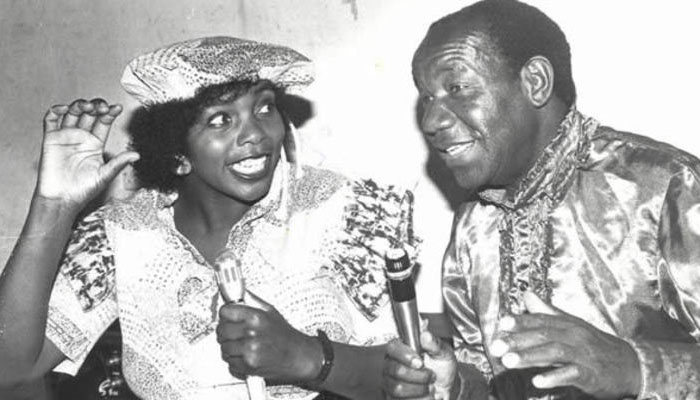The Sunday Mail

It’s early days, more like only a week that we have been with Kwese TV and it might be too early to make judgments. But there is always that temptation to.
I have not yet subscribed to Kwese but I have passed through a couple of households that have acquired the service.
When I left my uncle’s place in Chitungwiza last Sunday, he was having his Kwese decoder and dish installed.
I caught up with him on social media a day later to check if the enthusiasm he exuded on the Sunday was still there.
“They have to improve on their sports coverage. The choice is not as wide as on Supersport. To someone who has experienced DStv, there is a challenge.” Those were his exact words.
And on Thursday, I visited another Chitungwiza household and the family was enjoying Kwese. Previously they relied on street DVDs and downloading movies, cartoons and series on the net. They said they could not afford the Dstv decoder and subscriptions.
So when they heard about Kwese, they were slightly overjoyed. On that Thursday, the kids seemed to be engrossed in the cartoons.
On social media, particularly Facebook, the reaction on the entry of Kwese has been mixed. Some are questioning why a supposedly home-grown product has to go to the courts to be activated, yet the same product has been accepted in other countries, especially those neighbouring us.
The same school of thought has been wondering what kind of damage that the barrage of court battles that Kwese is facing is likely to do to the country’s gospel on ease of doing business.
All said and done, I think the two Chitungwiza scenarios above capture the general reaction to Kwese — the inadequate sports coverage on one hand and its affordability on the other.
But we have always questioned why Dstv does not accept local settlement options yet other countries are allowed to. In Zambia, they pay for Dstv using the kwacha, the Tswana use their pula and the Mozambicans use meticais. So what is wrong with Zimbabwe?
And this scenario did not just start with the introduction of the multi-currency basket in 2009, even during the days of the ill-fated Zimdollar, Dstv would not take settlements through our local currency.
So Kwese must have reasoned that therein lay a business opportunity, that any form of settlement, be it swipe, mobile money or the bond note, was welcome.
And if Kwese is to build up its profile, that is in terms of sports coverage, that it accepts all these forms of settlement is going to be its selling advantage over Dstv.
The current scenario means that the next auction for English Premier rights will be a dog-eat-dog affair, whenever that auction happens.
Whilst Kwese and Dstv are fighting their wars, we must not forget ZBC, the national broadcaster. We would not be in this situation if ZBC had allowed its television channels to grow beyond the single one we have.
Remember we used to have TV2, which was later taken over by Joy TV, Munhumutapa Broadcasting and other players during the 90s? Though the channel could only broadcast within a certain radius of Harare, if it had been allowed to grow – and other channels added, just like the SABC has 1, 2 and 3 — we wouldn’t be bothered about Kwese or Dstv.
Indeed, the coming on air of Kwese is likely to change the way we view television and hopefully that will awaken the sleeping giant that has been ZBC.
Nothing beats local and we need our local heroes. The reason why we take in Generations and Scandal day-in and day-out is because ZBC has let us down in that regard.
We all remember how we used to follow “Amakorokoza”, “Yizo-Yizo” or the “Small House Saga”, “Paraffin” or the “Mukadota Family” — that is the power of local content.
We want that power restored.






